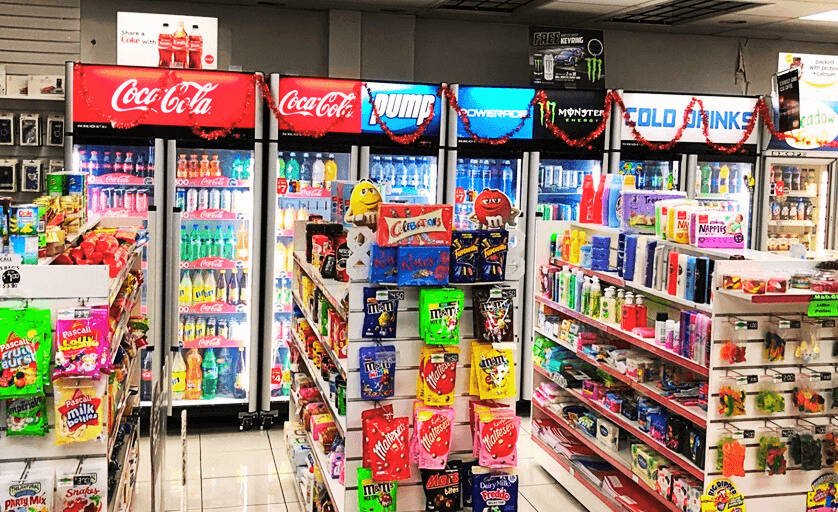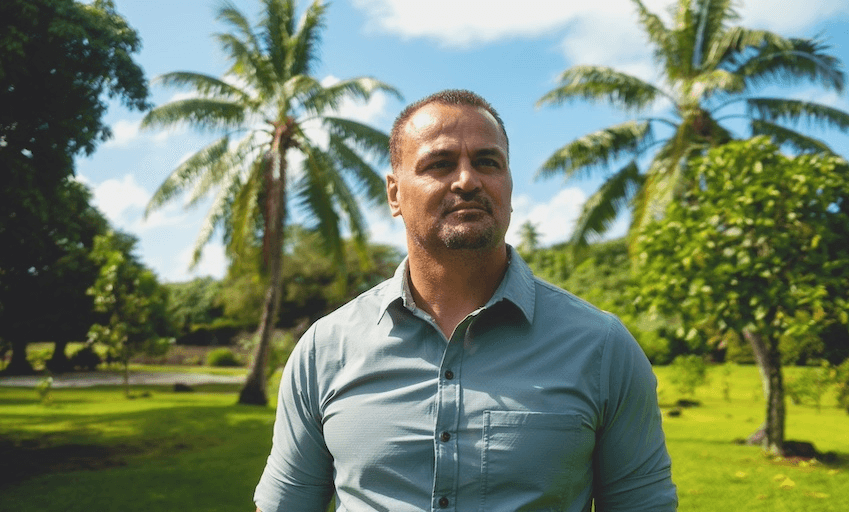A new poem by Amy Marguerite, whose debut poetry collection, over under fed, is out now with Auckland University Press.
discharge notes (ii)
a few years ago i decided i’d write
a list of all the women i owe my life to
even the women who have hurt me
a lot like claudia. it was overwhelming
not to write to carry so i deleted the
phone note wrote a letter to claudia
instead. gratefulness is sore you can’t
ever expect anyone to feel how they made you
feel especially if they’ve never almost
been dead. jean didn’t recognise my sister
at the shop said you must have gone
to school with amy but she looks so much
like me even i see it now the way i
still have a problem with things that just
keep mattering like buying normal coke.
jean’s gone home now anorexia went
when i buried the tube in the ground
doing well and gemma died that day.
The Friday Poem is brought to you by Nevermore Bookshop, home of kooky, spooky romance novels and special edition book boxes. Visit Nevermore Bookshop today.
The Friday Poem is edited by Hera Lindsay Bird. Submissions are now open. Please send up to three poems in a PDF or Word document to fridaypoem@thespinoff.co.nz



